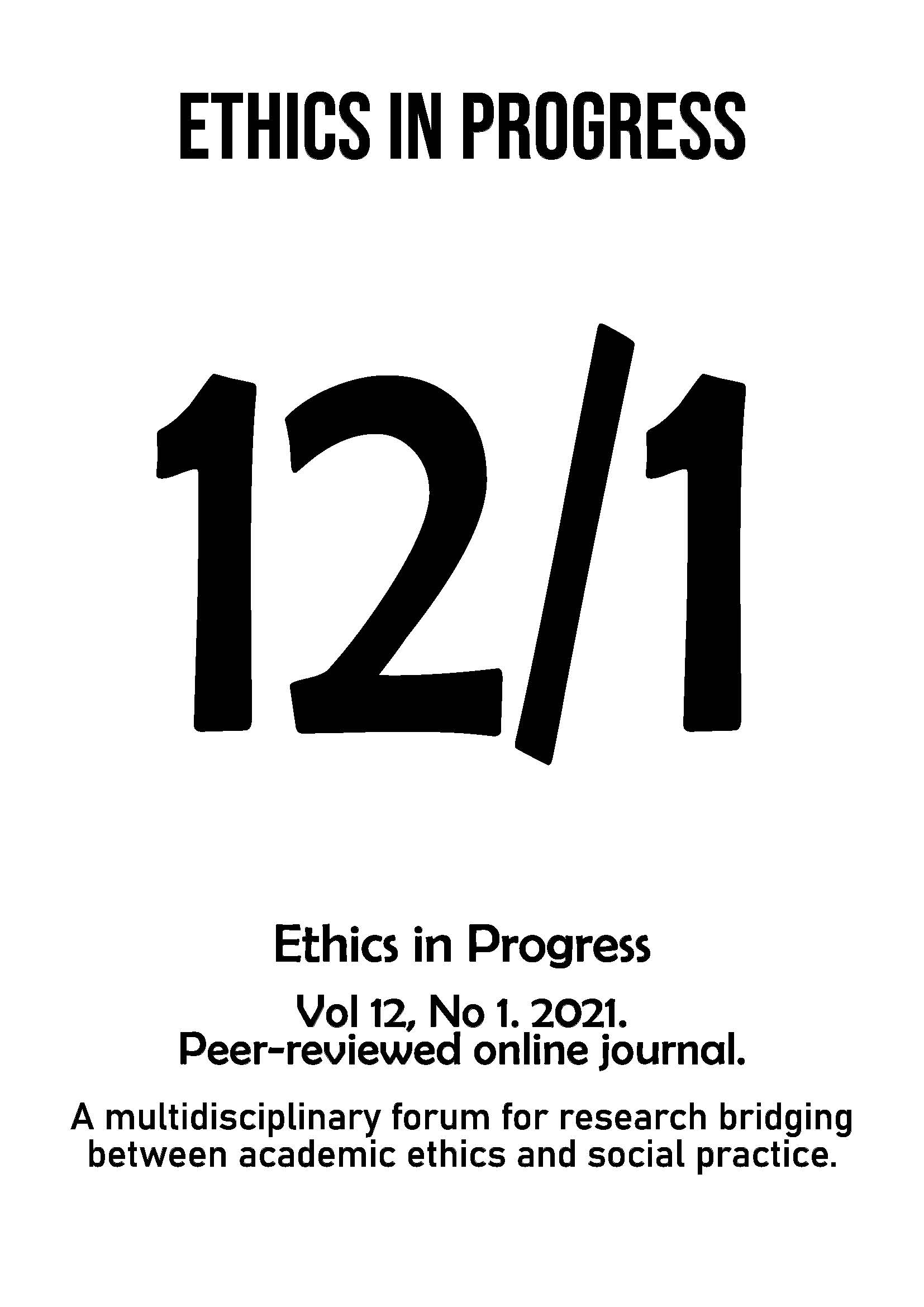Making Human Traits Visible, Objectively and Validly, through Experimentally Designed Questionnaires
Making Human Traits Visible, Objectively and Validly, through Experimentally Designed Questionnaires
Author(s): Georg LindSubject(s): History of Philosophy, Philosophical Traditions, Special Branches of Philosophy
Published by: Uniwersytet Adama Mickiewicza
Keywords: Psychological measurement; standardized tests; theory; objectivity; validity
Summary/Abstract: Researchers who need valid and objective data for evaluating their theories or the efficacy of educational methods and programs have to choose between two equally undesirable alternatives: either they can use “objective” methods which have a questionable validity, or they can turn to “subjective” assessment methods with better validity. In other words, while subjective approaches to the study of human traits may be, or really are, valid, they lack objectivity, that is, they may be biased toward the researcher’s theory. On the other hand, objective approaches to the study of psychological traits often lack psychological underpinning but are solely designed to fit a certain statistical model. Thus, we cannot know what these instruments really measure. Here I present a new approach to the study of human traits, which claims to be objective as well as psychologically valid, namely the concept Experimental Questionnaire (EQ). An EQ lets us make traits visible without relying on dubious statistical assumptions. Thus, it makes it possible for the researcher to test the psychological theory underlying its designs. The EQ methodology is not only an idea, but it has been applied for constructing the Moral Competence Test (MCT) and for testing the assumptions about the nature of moral competence which were used to design it. So far, all the studies have clearly confirmed their validity. This makes the MCT suitable for testing hypotheses regarding the relevance and teachability of moral competence, and, therefore, also for evaluating the efficacy and efficiency of educational methods of fostering this competence. Experimentally designed questionnaires can also be used in other fields of educational and psychological research in which testable theories about the nature of its objects have been developed.
Journal: Ethics in Progress
- Issue Year: 12/2021
- Issue No: 1
- Page Range: 15-38
- Page Count: 24
- Language: English

